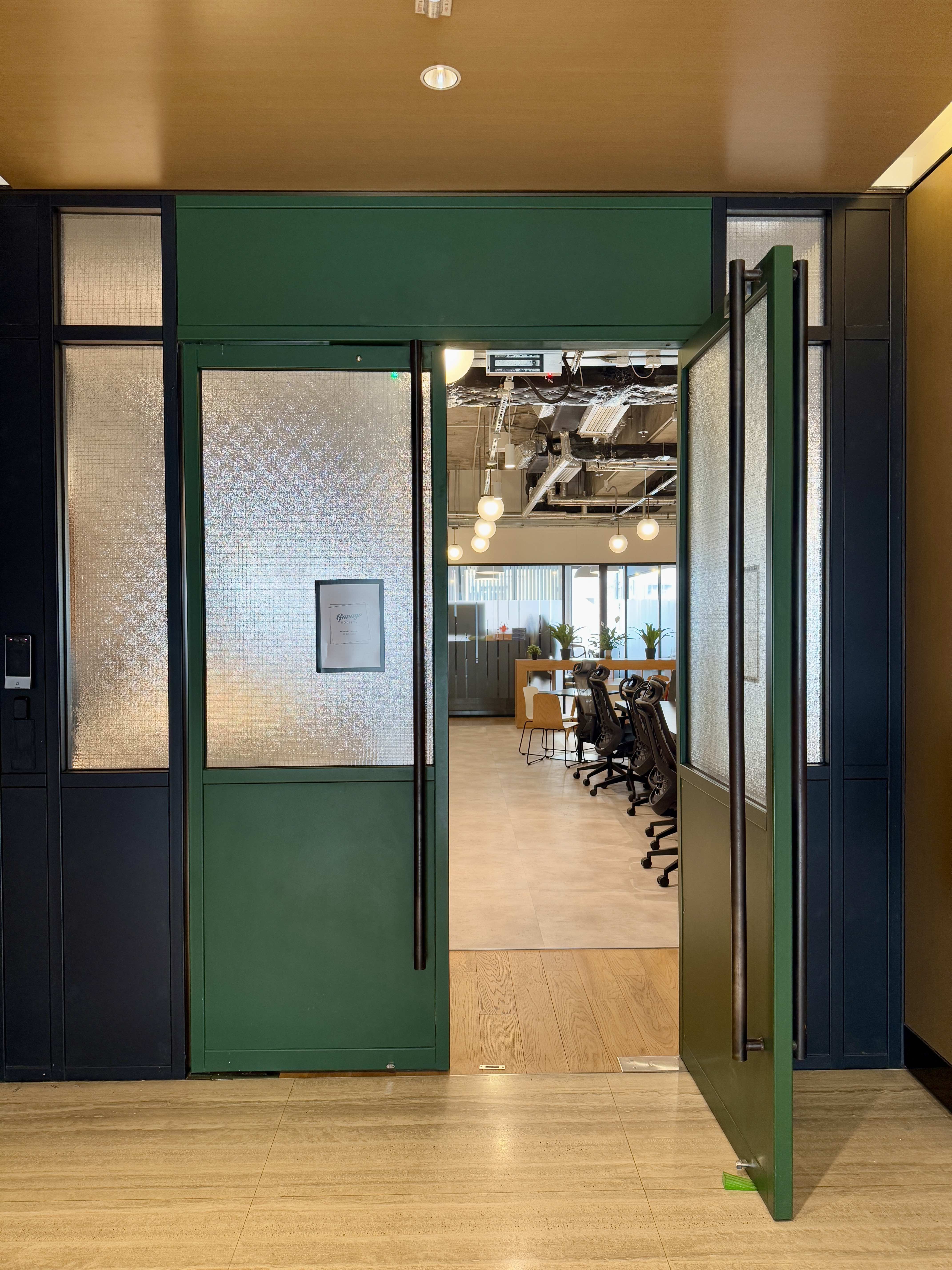LOCATIONS
Hong Kong
-
Facebook
-
LinkedIn
-
Instagram
-
Youtube
The idea of building a ‘lean startup' is among the most talked about topics for early stage companies, and for good reason. Spending money on the right things can make the difference between failure and success, especially if you’ve yet to bring in money from your business.
While we’re not advocating all early-stage startup leaders to be cheapskates, it’s important to know what expenses are essential, and where you should be bootstrapping. Keep reading for our thoughts about expenses you should be avoiding as you begin your startup journey.
1. Staffing
The people you hire determines a company’s success, which means that staffing decisions are among the most important ones you'll make. When your startup is first taking off, it’s worthwhile to outsource certain tasks until you’re ready to take on full-time staff.
There are countless resources out there for finding freelancers until you’re ready because filling positions prematurely is a waste of money and disrupts your ability to form a solid team. In an environment where every penny should be accounted for, aligning the cost of full-time staff with detailed expected outcomes is essential.
2. Renting an Office
At a certain point, every startup must move beyond the founder’s living room and find their own space, but physical space or real estate typically amounts to the company’s largest operational expense, and can make or break its success altogether. Additionally, chances are the company must commit to a longterm contract of a year or more. This is where co-working comes in, as the flexibility it allows makes all the difference when you’re unsure how quickly your company will scale in its first year.
3. Advertising
Startups are understandably excited to get their product out there once launch rolls around, and are ready to dive right into Marketing even when the channels in question aren't measurable for specific dollar ROI.
For example, an eCommerce business may feel it necessary to spend money on digital advertising when they first launch. While this is a good strategy for certain business models, there's no way to anticipate dollar ROI. This also applies to extravagant brochures, mailers, and other advertising materials. Besides, in the early stage, it should be up to the founder or founding staff to convert the first 500 or so customers without advertising in order to prove the product or business model.
4. Hiring a Lawyer
We all want to protect our businesses, so naturally one of the most pressing issues a startup needs to sort out is whether or when they should seek legal support. While the answer to this depends on the nature of the business, in most cases, it would suffice to seek legal support for essential contracts or documents rather than go straight to hiring a lawyer. Alternatively, look to a friend or family member who is a lawyer for legal advice in the beginning until it's necessary to hire someone.
5. Working with a PR Agency
In our media-obsessed world, being talked about is considered as the most important element of startup success. While this is only true to a certain extent, many startups spend unnecessarily and seek out PR agencies prematurely. Think about it like this: if you have a great product, people will talk about you. Working with a PR agency is important when your company is ready, and should never be counted on for your product to go ‘viral’.
6. Fancy Things
Having fancy business cards is nice, but it’s simply not a necessary expense no matter how you look at it. Spending an exorbitant amount of money on a logo doesn’t legitimise your company any more than a reasonably priced logo when you’re first starting out. An early-stage startup’s primary objective should be acquiring customers or clients, and your resources should be honed in on this objective. You can always buy the fancy things after you’ve made money.
7. The Latest Gadgets
It goes without saying that most employees will prefer the latest MacBook Pro to your dingy hand-me-down laptop from 2007. These employee perks may seem like a good way to attract talent in the beginning, but employee satisfaction ultimately comes down to company values, how staff are treated, and how empowered they feel in their role.
Unless their role demands certain equipment, buying expensive gadgets has no correlation to retention. The key is to imbue the right culture, which goes much further in the long run.
8. SaaS Subscriptions
Management software is growing at a staggering rate to no one’s surprise, as they not only streamline daily communications or operative efficiency, many even have the capacity to replace the need to hire certain staff.
At the same time, before you have a sizeable team, it may not be worthwhile to pay subscriptions for such software, as so many company dynamics are subject to change. Rather, it may be wise to explore some free options first, and subscribe once you’re sure of the value the SaaS can bring to your company.
9. Finding Vendours
When companies first start out, founders tend to ask within their network for vendors. While this is a good avenue, it’s important to keep in mind the importance of shopping around and negotiating the best price.
You can rush other aspects of your business until you have more resources, such as the quality of your website, but getting the best deal for something that directly plays into your margins is a whole other matter. Loyalty is valued, but you’re ultimately working to benefit your own employees.
 Garage Blog
Introducing Garage Society's Newest Premium Workspace at Tower 535 Causeway Bay
Garage Blog
Introducing Garage Society's Newest Premium Workspace at Tower 535 Causeway Bay
We're thrilled to announce the opening of our newest Garage Society location in the heart of Hong Kong's most dynamic business district!
Garage Society Causeway Bay brings our signature blend of community, innovation, and premium workspace to Causeway Bay's prestigious commercial hub.
 Garage Blog
From Flat White to Flexspace - The Best Coffee Spots Near Garage Society Locations
Garage Blog
From Flat White to Flexspace - The Best Coffee Spots Near Garage Society Locations
Looking for the perfect cup of coffee to fuel your workday?
Members enjoy free coffee 24/7 in our spaces, but sometimes they need a change of scenery (or bean!). That's why we've compiled this guide to our members favourite independent coffee shops near each Garage Society location!
Whether you're a dedicated hot desk member or just exploring flexible workspace options, stay caffeinated and inspired with our picks below: